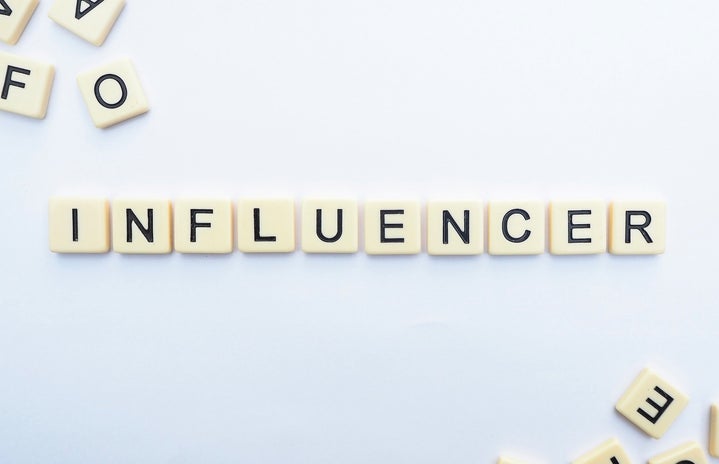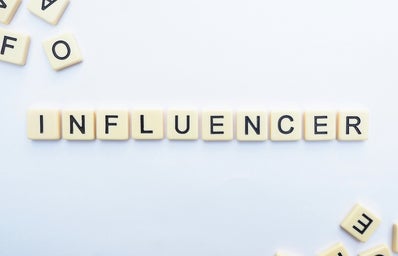Throughout the pandemic, the younger generation has most definitely been way more consumed with social media, especially since it is one of the most effective ways of getting in touch with people, promoting businesses and products, learning new skills and life hacks, being exposed to so many different ways to be creative and express yourself, through dancing, art etc. While there is a plethora of reasons why social media platforms like Instagram and TikTok can be used in a positive and beneficial way, there is an extremely toxic side of social media, which I definitely have seen with the rise of social media influencers.
- Toxic or Not Toxic?
-
Most of the social media influencers you have probably seen on TikTok are recognizable names like Charlie D’Amelio, Addison Rae, Bryce Hall, Nessa Barrett, Jaden Hossler, etc., and the rest of the more known influencers fall within that age range of 16+. Should teenagers, who are in their prime years of developing into themselves, maturing, figuring out who their friends are/should be, having and addressing their insecurities and place in the world, and who will have drama (which is guaranteed given their age) be influencers? Is it best for both them and the younger generation who are actually influenced by them?
When it comes to influencers like Zoe Laverne, the Lopez Brothers who have some serious allegations against them and are harmful to the younger generation, why are they still allowed to have social media platforms? Why are they still being sponsored and still in the spotlight despite their harmful actions to the community, especially the younger community on social media. It sheds light on one of the main issues of social media: Is this person deserving of the role “influencers” and when they aren’t, will that title be taken away?
Social media can already be extremely harmful to adolescents. Adolescence encompasses a lot of emotional and physical growth and maturity, and during this period of time, adolescents are extremely impressionable, become increasingly aware of themselves, and tend to pick apart the differences between themselves and others. If you pair that with the ability to go on the internet, be able to anonymously comment or even create a false version of themselves, it can be extremely harmful and destructive to both the influencers and their audience (and also contributes to toxic cancel culture). There are so many influencers who get cancelled, and bullied online for sometimes the most arbitrary things, and it gets bad to the point where they have to take breaks from social media so they don’t have to scroll through endless hate comments on every single post and platform that they have about the way they look, any mistake they have made and etc. It is not easy to be in the spotlight as a teenager, especially when you are finding yourself and making mistakes, as we all do, and having thousands of people criticize and hate on every move you make and it creates an extremely toxic environment and unhappy people. What about the teens that resent themselves because they see these influencers living “the perfect life”, a goal that they cannot obtain for themselves?
There is also a whole other conversation to be had about the houses that were created to house influencers like the Hype House, Sway, Not a Content House, and etc. and how the drama and the treatment that goes with it create a negative environment for everyone involved, as well as how those issues are projected onto social media.
There is much to be said about the influencers, and this topic is definitely one that should be evaluated more especially for the sake of adolescents and the future generations. Should we really allow certain people to be influencers? Is the abuse of power, the negative effects on self esteem and mental health worth it? I’ll leave that to you to decide.


